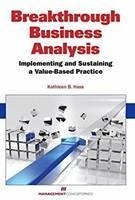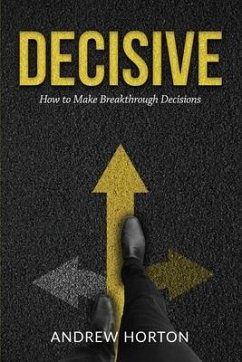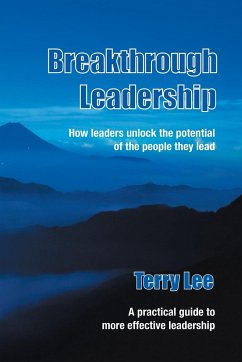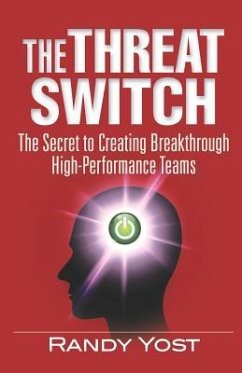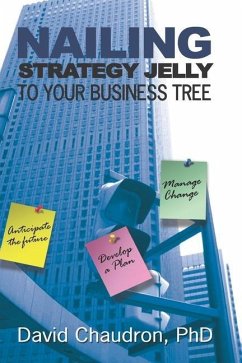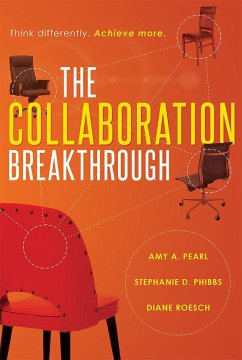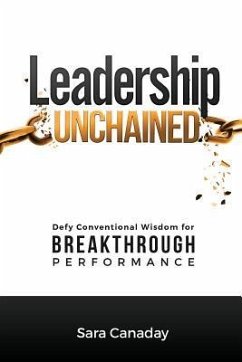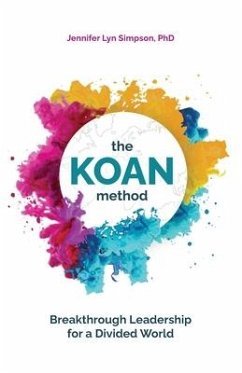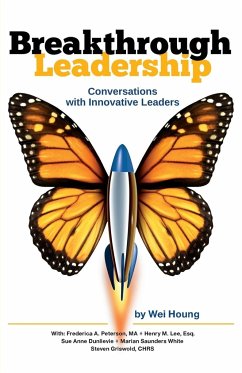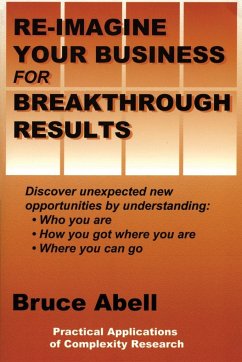
Re-Imagine Your Business for Breakthrough Results
Discover Unexpected New Opportunities by Understanding Who You Are, How You Got Where You Are, and Where You Can Go
Versandkostenfrei!
Versandfertig in 1-2 Wochen
18,99 €
inkl. MwSt.

PAYBACK Punkte
9 °P sammeln!
Business successes and failures can almost always be traced to the quality of their fundamental ideas and how they are used in the company. Ideas are always fresh when a business starts, but when they become stale, when they fail to reflect the changes in the world, then the business withers and eventually dies. This is a practical book about business, ideas, and "complexity." Complexity is a new science that shows how interactions among individuals, environments, chance events, and evolution produce the variety and unpredictable outcomes of the world. In a sense, it is the science of real-wor...
Business successes and failures can almost always be traced to the quality of their fundamental ideas and how they are used in the company. Ideas are always fresh when a business starts, but when they become stale, when they fail to reflect the changes in the world, then the business withers and eventually dies. This is a practical book about business, ideas, and "complexity." Complexity is a new science that shows how interactions among individuals, environments, chance events, and evolution produce the variety and unpredictable outcomes of the world. In a sense, it is the science of real-world, "messy" systems. Human organizations, and businesses, are the messiest systems. Traditionally, to manage them we’ve been able to make them less messy and more predictable. But today the world no longer cooperates. Now cultures, markets, and technologies change so fast that businesses must be more adaptive than they had to be in more predictable times. Human organizations are different from all other adaptive systems because they have, at their cores, ideas, not DNA. They are driven by explicit goals and intentions, not just survival and reproduction, and the organization is the way they pursue the goals. Unique ideas give each human complex system a unique identity, and those ideas are the "glue" that holds it together. The book includes a set of "diagnostics for emergent strategies" that enable any organization to assess and improve the quality and use of its ideas. These diagnostics, along with over 100 examples, show how to rethink business purposes, to identify sources of confusion or poor performance, to consider options that older mindsets have closed off, to make decisions, and, most importantly, to alter the perspective of your company for markedly better results.



